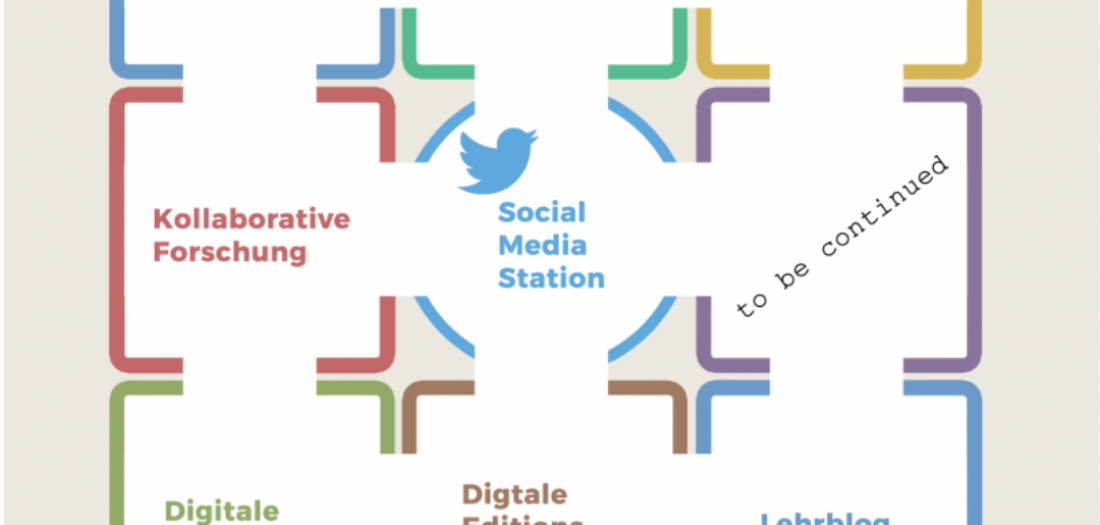Project Accepted in the Frame of the Support Initiative "Innovative Lehre"
The project in the Master’s degree in Digital Humanities starts in the 2015 summer semester
05.02.2015 | General, Project News

Project in the MA programme ‘Digital Humanities’ starts in Summer Term 2015
With the help of the Nikolaus Koch Foundation, the ‘Koordinationsstelle E-Learning’ was able to first announce the support initiative “Innovative Lehre” establishing a competition within the University of Trier to find the best suggestions and ideas to sustainably integrate technology based and integrative forms of teaching and training into existing study programmes.
The Trier Center for Digital Humanities concept Lehren und Lernen im Virtuellen Museum – Digitale Geisteswissenschaften innovativ vermittelt (“Teaching and Learning in the Virtual Museum – Digital Humanities taught inventively") is one of four projects supported by the “Initiative Lehre” and will be integrated into courses within the newly established Master Studies programme Digital Humanities. Since winter term 2014/15, the programme is offered at the University of Trier by the department of Computational Linguistics and Digital Humanities in cooperation with the Trier Center for Digital Humanities and numerous other departments (Business Information Technology, German Studies, English Studies, Phonetics, and Art History).
The project itself aims at developing an online museum which compiles and conveys contents, topics, projects, and tools within the Digital Humanities. In topically divided virtual rooms, interactive stations will present contents of the MA programme alongside central topics and discussion questions within the field of Digital Humanities. Initially, the rooms will exemplify three fields, one of which will be e-lexicography including used tools and methods as well as their advantages in comparison to dictionaries in print. Furthermore, the digitisation of cultural heritage with the aim of preservation and research independent of time and location will be introduced, alongside the portraying of collaborative approaches to the exploration of hitherto unresolved research questions and objects (e.g. the Voynich manuscript or the Disc of Phaestos). The portal thus conveys course contents from different teaching modules within the MA programme. The modularised concept of the museum allows a complementation and continuation of teaching in future semesters. In the spirit of the modern mediation of sciences, the topic rooms will be complemented by a social media station, enabling further information on the Digital Humanities as well as an interactive exchange.
Students in the MA programme will independently compile contents for the stations and actively help providing them online. With professional instruction, they will get to know different media for the adequate presentation of said contents and acquire a sensibility for the exploitation and mediation of complicated issues.
Visitors of the virtual museum will be provided with an open introduction to the topics and contents via interactive exercises. The projects on offer are not only addressed to the academic community and students within the field, but also to the public.

